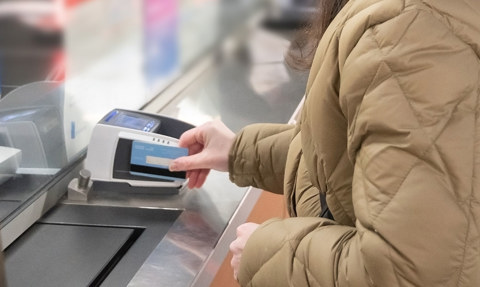7 mistakes with event ticketing


One of the most critical aspects of event planning is creating an event ticketing strategy that ensures your event is a success. However, crafting an effective ticketing strategy can be challenging, and many event organizers make mistakes that can impact ticket sales and attendee satisfaction. Event planners get misaligned with ticketing strategy once revenue goals overshadow reality about their brand strength, knowledge about the targeted audiences, venue size, and long-term goals in general. Let's see the most prevalent mistakes with event ticketing and how to avoid them.
One of the most common mistakes with event ticketing happens when event organizers wait too long to develop a strategy. Successful events require meticulous event planning, and ticketing should be part of the early planning stages. Waiting until the last minute to decide on ticket prices, types, and distribution channels can lead to confusion and hinder your event's overall success.
In order to get people to buy your event tickets, you must consider incentivization. People must be incentivized to be convicted they should attend your event. Creating unique selling points (USPs) for your event or conference is crucial to generating a sense of missing something important. This narrative will drive people to buy your event tickets.
Pricing tickets for your event is a delicate balancing act. Setting prices too high can deter potential attendees, while pricing them too low may lead to financial losses. Many organizers make mistakes with event ticketing, either overestimating the perceived value of their event or underestimating their target audience's budget constraints. Setting up appropriate ticket prices demands a lot of research and understanding event trends and market demand.
Try to project yourself into your conference attendee profiles. Ask yourself what other events might have in comparison to yours. Don't forget to include indirect competition as well, for example, a football match or big music concert with a famous rockstar, or even a football World Cup. All these parameters might have a significant impact on your event. But this doesn't mean you should panic and immediately consider lowering your ticket prices. If your event offers more value than others, with a better location, speakers line up, or reputation, a higher price is completely valid. It signals to attendees that your event is worthwhile.
In today's digital age, many people purchase tickets on their mobile devices. Neglecting to optimize your event ticketing process for mobile users is a significant oversight. If your conference ticketing platform isn't mobile-friendly, you risk losing potential attendees who may abandon the process due to frustration.
Your ticketing strategy should be scalable to accommodate unforeseen changes in demand. Failing to plan for scalability can lead to system crashes or a shortage of available tickets, frustrating both your team and potential attendees.
Choose an event ticketing platform such as run.events that can handle a surge in traffic if your event gains unexpected popularity. Implement waitlists and overbooking safeguards to prevent overselling, and regularly monitor ticket sales to adjust your strategy as needed.
A good way of attracting people to your event or conference is to work with well-known sponsors. The great thing about attracting big sponsors is that you bring their followers to your event. This means your tickets will sell out every time you book them. If done right, thinking about these mistakes with event ticketing becomes just a scary thought and careful precaution and certainly not a harsh reality.
Crafting an effective ticketing strategy for your events is a multifaceted process that requires careful planning, attention to detail, and continuous improvement. Remember to plan ahead, set appropriate ticket prices, offer diverse ticket types, prioritize mobile optimization and user experience, invest in marketing efforts, leverage data analytics, provide excellent customer support, plan for scalability, and conduct post-event analysis. With a well-executed ticketing strategy, you should be able to avoid the above-mentioned seven mistakes with event ticketing. Event tickets have a major effect on event industry outcomes, as every ticket has attributes that allow organizers flexibility to achieve revenue goals and attract a diverse audience. Making careful decisions on event ticketing brings your event closer to success while building a satisfied and growing audience base.